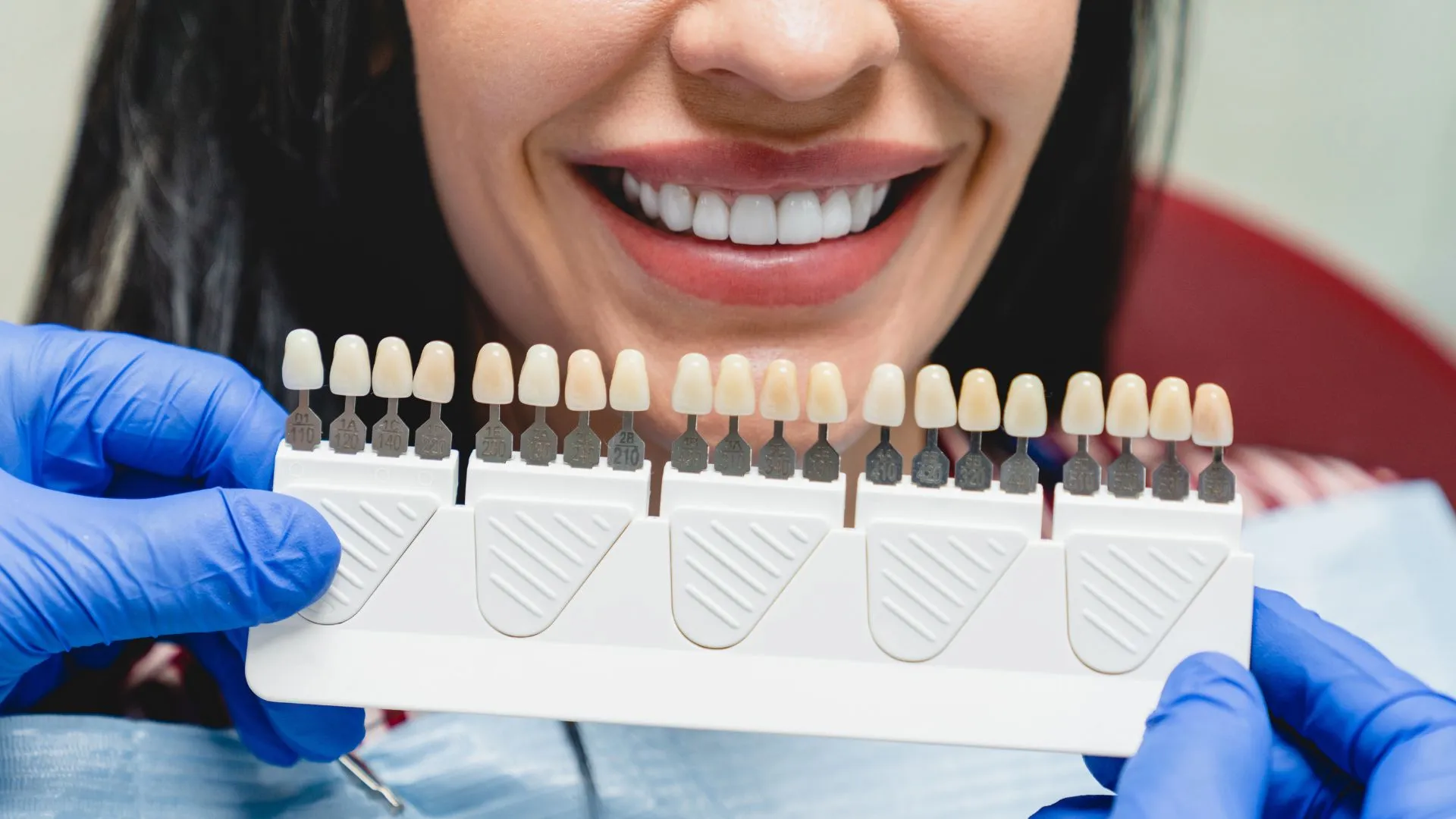When it comes to replacing teeth, there are three general options to choose from. Here’s how to find the best fit for you.
Replacing missing teeth is a must, because without a full arch of teeth, there’s no stability. Teeth on either side of the gap can shift, loosen, and fall out.
At Image Dental in Stockton, California, our providers offer a broad range of options, including dental implants, to help you restore your smile after tooth loss. In this blog, our providers discuss three common options for replacing missing teeth.
Options for missing teeth
There are three common ways to replace a missing tooth: dentures, bridges, and implants. Here’s a look at each of them:
Dentures
Dentures can replace one tooth up to a full arch of teeth. These devices normally attach to the gums through suction, an adhesive, or both. A gum-colored base sits on top of the gums, which supports the false teeth above.
Bridges
There are a few types of bridges, but these devices typically consist of two crowns and a false tooth in the middle. The false teeth are placed on the natural teeth on either side of the gap, and they support the false tooth in the middle.
Implants
Dental implants are considered the gold standard for tooth replacement, because they restore the entire tooth structure, including the root. A dental implant has three parts: a titanium post, an abutment, and a crown. The post is anchored into the jawbone, and it acts as the new root. The abutment is secured to the top of the post, and the crown is attached to the abutment.
Factors to consider
There are many variables to consider when deciding on how to replace a missing tooth. While dental implants are typically the best option, they might not be best for you. Factors worth taking into account include the following:
Age
Older patients might be more inclined to undergo less invasive procedures, such as bridges or dentures, even if they don’t last as long as implants.
Oral health
Without proper jawbone density, placing implants can be difficult. Furthermore, having gum disease can preclude you from getting a dental implant. So if you have an oral health issue, this will need to be dealt with first.
Dental hygiene
If you’re unable to properly care for your teeth after bridges or implants are placed, the work could deteriorate and lead to further problems.
Downtime
Implant surgery requires downtime and recovery, which may be an issue for some patients. Some patients find that bridgework is easier to manage with the demands of their job or lifestyle.
Cost
While payment plans exist, dental implants can be expensive, especially if you need multiple teeth replaced. This may lead you to choose dentures, for example. But, you should know that because dentures aren’t permanent, there will be ongoing costs related to refitting. So it’s important to look at the trade-offs.
Why dental implants are often the best choice
There are many reasons why dental implants are the premier option. One major reason is the fact that the titanium post will continue to stimulate your jawbone. This, in turn, will cause your jawbone to keep replacing tissue in the area, which will keep your jawbone strong. Dentures and bridges aren’t able to do this.
If you can’t afford dental implant surgery right now, or if you can’t take the time off required, you can always plan for it later. You can discuss using dentures or bridges as a stopgap while you save or prepare for dental implant placement.
At Image Dental, we can help you assess your budget, lifestyle, and oral health to find the appropriate treatment. To schedule a consultation, call 209-392-5688 or request an appointment online today.



